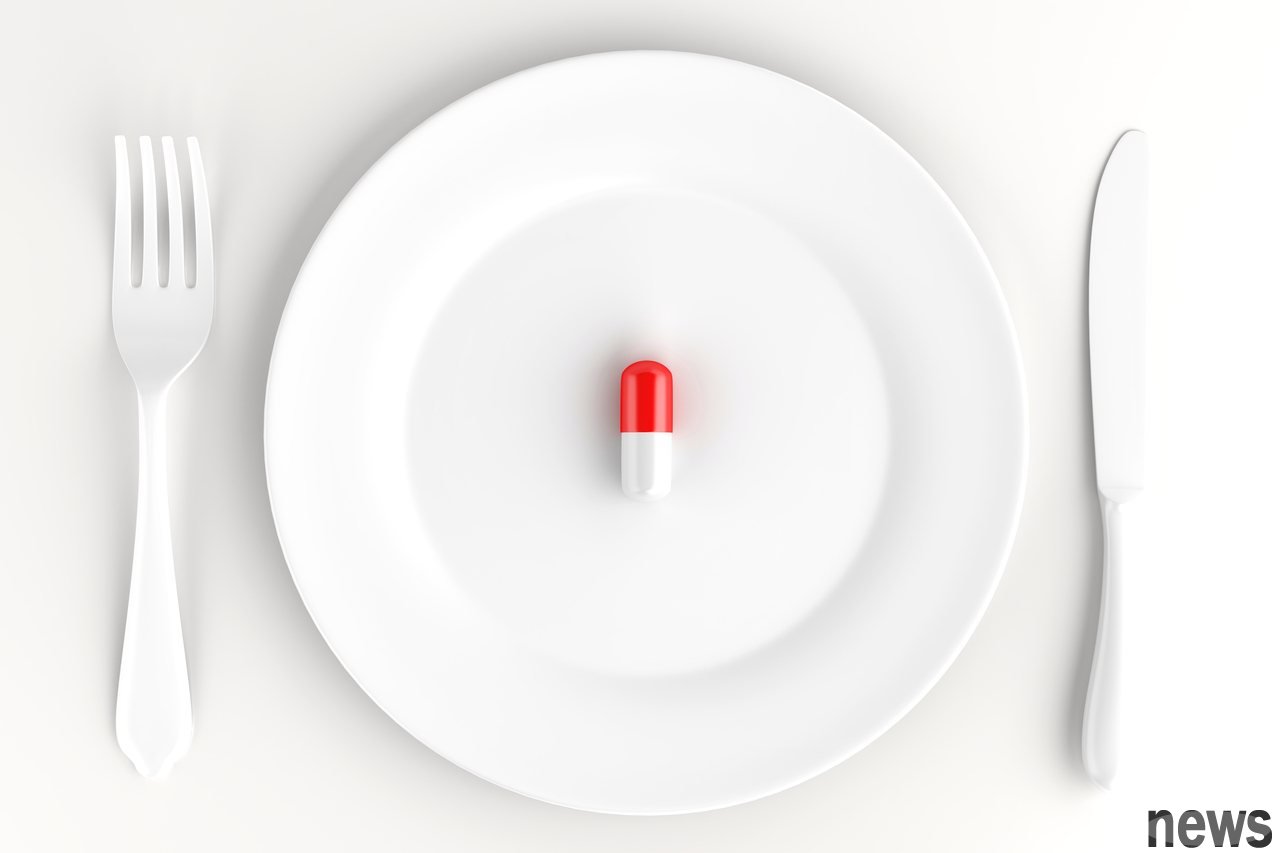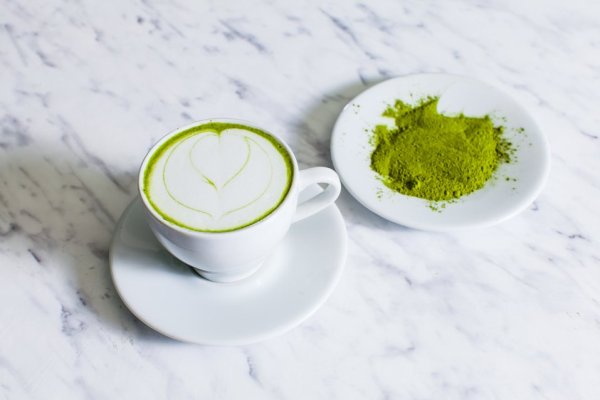Is it useful to take dietary supplements to strengthen the immune system? American Medical Association Journal Research Answers

The American Medical Association journal JAMA published the Analysis of Select Dietary Supplement Products Marketed to Support or Boost the Immune System the day before yesterday (2022-8-10).
Research Agent: Since the COVID-19 pandemic, sales of colds, flu and immune supplements have soared. In 2019, the National Business Magazine sold about $3.4 billion in sales, and by the end of 2020, the figure increased to nearly $6 billion. Supporting or enhancing the immune system has become a reason for the use of dietary supplements, even if certain statements may be misleading or scientifically inaccurate. In addition, there is a lack of information on whether there is any risk to such products and ingredients. E-commerce sales have doubled from $5 billion in 2019 to $8.4 billion in 2020, and by 2020 it is estimated to be $8.4 billion. E-commerce accounts for 15.1% of the entire health care product market, while 77% comes from Amazon. The growth in e-commerce, sales and manufacturing of dietary supplements, coupled with limited resources for monitoring dietary supplements, has brought challenges to the market. Folding, misbranding and misdirected statements are often reported. In addition, the U.S. Department of Defense (DOD) Directive (DODI) on the Use of Dietary Replenishment at the Department of Defense (DODI) came into effect in March 2022 as U.S. military personnel regularly use dietary supplements. The policy is formulated to provide guidance and ensure safe use of dietary supplements, minimize the risk of potential life-threatening adverse events caused by the use of dietary supplements, and prevent potential legal use of supplements containing ingredients in the banned substance list of the Ministry of Defense. DODI establishes the Operational Replenishment Safety (OPSS) as the first option plan for dietary replenishment.
Research Methods: In this case list, we purchased 30 special immune and healthy dietary supplements from Amazon in May 2021. Product analysis was performed using liquid chromatogram-quality spectrometry. The list of ingredients detected by analyzing each product is compared with the ingredients on the product's label to determine whether the product's label is accurate. The statements on the product label are also evaluated by using a set of questions to replenish the safety record scorecard.
Research results: A total of 30 dietary supplement products were evaluated. According to product analysis, 13 out of 30 products have accurate labels. Among the 17 products with inaccurate labels, the label ingredients of 13 products have not been analyzed and tested, resulting in label missed labels. Nine products detected materials that were not identified on the product label, some of which may be considered fake. Five of them were labeled wrongly and contained other components not specified on the label. There is a third-party certification seal on the packaging of the product. When replenishing the safety record scorecard for the application operation, 10 of the 13 products with accurate labels received 4 points or higher, which means the product is &ldquo, probably also / less risk &rdquo."
Conclusion: In this case study, most test products have inaccurate labels and statements and do not meet the requirements of the U.S. Food and Drug Administration for dietary supplements. For most selected products, quality control measures appear to be insufficient, and the statements on the label may mislead consumers.
Discussion: The statements on most dietary supplement product labels seem to extend the permitted statement. Other statements sound scientific, but do not cite any comments that have been reviewed by peers. Therefore, it is not clear how or whether these statements are proven. In another work, we are evaluating whether statements made by these products reflect existing science, namely their safety and effectiveness for other healthy individuals that seek support or enhance immunity.
Dietary supplements purchased by consumers for health improvement can be expensive. For 30-day doses, the average price of 17 products with a score of less than 4 is about $25, while the average price of products with a score of 4 or more is $31. When purchasing dietary supplements, the public has the right to know if the product is as shown in the tag. But this is not always the case, because we found that only 13 of the 30 products are accurate. Purchasing products with third-party certification or verification seals shall ensure the accuracy of product content. This will prove that the ingredients listed on the label are actually in the container; however, it does not guarantee the effectiveness or safety of the product. The above-mentioned new DODI for dietary supplements requires dietary supplement education and prohibits American soldiers from taking any product containing ingredients in the prohibited substance list, which should reduce some degree of risk. Although we cannot assume that any product will bring good things, we certainly do not expect any harm; however, there are label errors and/or false products that may cause harm.
Note: In fact, immunity is unquantitative. So since it is impossible to quantify, how can we know whether a certain health product can enhance immunity? Please see how to improve the immune system? And to enhance immunity and fight cancer, take this to supplement that.
Original text: A supplement to enhance immunity? Mostly misleading













